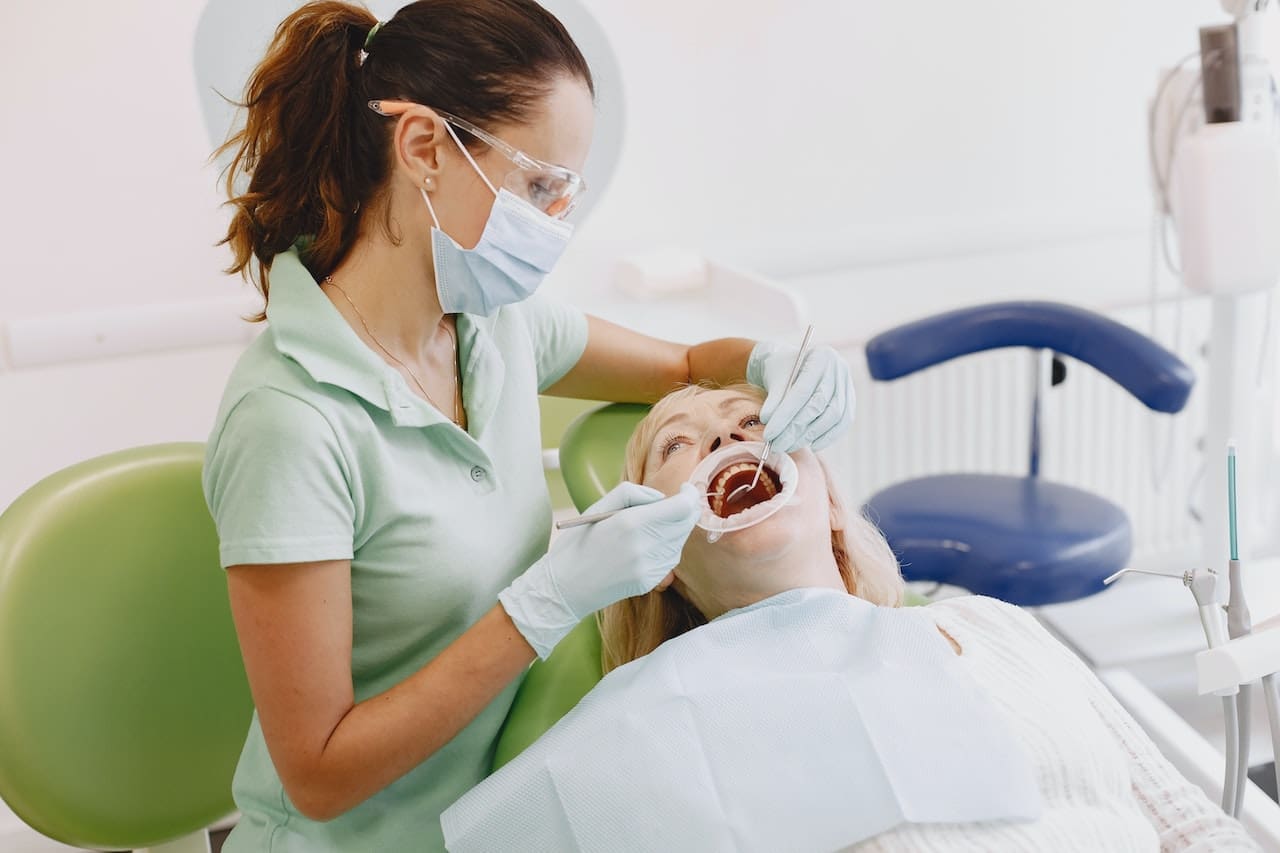Dental emergencies often strike without warning, leaving individuals in significant pain and distress. However, identifying and managing common dental emergencies can help minimize dental damage and set the stage for successful treatment.
At Care Dental Implants & Invisalign Center in Quincy, MA, Dr. Beniwal and his team of experts recognize the importance of being prepared for dental emergencies and are dedicated to providing you with the necessary knowledge and resources to handle these situations effectively.
In this comprehensive guide, we’ll discuss some of the most common dental emergencies, including toothaches, knocked-out teeth, broken or chipped teeth, and lost fillings or crowns. We’ll explore the immediate steps you should take in each scenario to alleviate pain, prevent further damage, and increase the likelihood of successful treatment. Additionally, we’ll help you determine when it’s essential to seek professional help from a trusted dental practice like Care Dental Implants & Invisalign Center.
Understanding dental emergencies and being prepared with a plan of action can drastically reduce anxiety during these critical moments. With this knowledge at your fingertips, you’ll not only be more confident in handling dental emergencies but will also be better equipped to maintain your oral health until you can seek expert care from Dr. Beniwal and his highly skilled team.
Toothaches: Causes, Remedies, and Seeking Help
Toothaches can range from mild discomfort to debilitating pain and are often signs of an underlying dental issue. Potential causes include decay, abscess, gum disease, teeth grinding, or trauma. To manage a toothache, follow these steps:
1. Rinse your mouth with warm saltwater to help alleviate pain and reduce inflammation.
2. Use over-the-counter pain relievers, such as ibuprofen, to manage discomfort.
3. Apply a cold compress to the outside of your cheek near the affected tooth for 20 minutes, followed by a 20-minute break, to help numb the area and control swelling.
If your toothache persists for more than 1-2 days, worsens, or is accompanied by fever, swelling, or discharge, consult your dentist immediately.
Knocked-Out Teeth: Steps to Take and Expert Care
A knocked-out tooth, also known as an avulsed tooth, is a dental emergency that requires quick action to improve the chances of successful reattachment. If you find yourself in this situation, take the following steps:
1. Retrieve the tooth: Pick up the tooth by the crown, avoiding the root to prevent damage to the delicate fibers.
2. Rinse the tooth gently: Use water to clean off any dirt or debris, but avoid scrubbing or touching the tooth root.
3. Attempt to reinsert the tooth: If possible, place the tooth back in its socket and gently bite down on a clean cloth or gauze.
4. Keep the tooth moist: If you cannot reinsert the tooth, store it in a container of milk, saline solution, or saliva.
5. Seek emergency dental care: Contact your dentist as soon as possible, as time is of the essence in saving a knocked-out tooth.
Broken or Chipped Teeth: Managing Damage and Seeking Treatment
Broken or chipped teeth can occur due to trauma or biting down on hard objects. The severity of the damage will dictate the type of treatment required. If you experience a broken or chipped tooth:
1. Rinse your mouth with warm water to clean the area.
2. Apply a cold compress to ease swelling and numb the area.
3. Use over-the-counter pain relievers to manage pain, if needed.
4. Cover any jagged edges with dental wax to protect your cheeks and tongue from injury.
5. Schedule an appointment with your dentist as soon as possible to assess the damage and discuss potential treatment options.
Lost Fillings or Crowns: Temporary Solutions and Professional Assistance
Losing a filling or crown can be painful and inconvenient, as it exposes the affected tooth to sensitivity and potential decay. If you lose a filling or crown, follow these steps:
1. Retrieve the lost filling or crown and rinse it gently with water.
2. For a lost crown, temporarily reattach it using dental adhesive or toothpaste until you can see your dentist. Avoid using super glue, as it can cause further damage.
3. If you cannot reattach the crown, cover the exposed tooth with dental wax, over-the-counter dental cement, or sugar-free chewing gum to minimize sensitivity.
4. Schedule an appointment with your dentist as soon as possible to assess the damage and receive professional treatment.
Conclusion:
Dental emergencies can be stressful and challenging to handle, but understanding common scenarios and knowing the immediate steps to take can significantly improve outcomes and help you maintain your oral health. Timely intervention and expert care from a trusted dental practice like Care Dental Implants & Invisalign Center in Quincy, MA, are crucial in ensuring the best possible results.
To learn more about managing dental emergencies or to schedule an appointment for any dental concerns, contact Care Dental Implants & Invisalign Center today. Our dedicated team of dental professionals is ready to assist you with prompt, compassionate care, ensuring that your smile remains healthy and vibrant, even in unforeseen situations. Contact us today to schedule a dental checkup in Quincy, MA.


